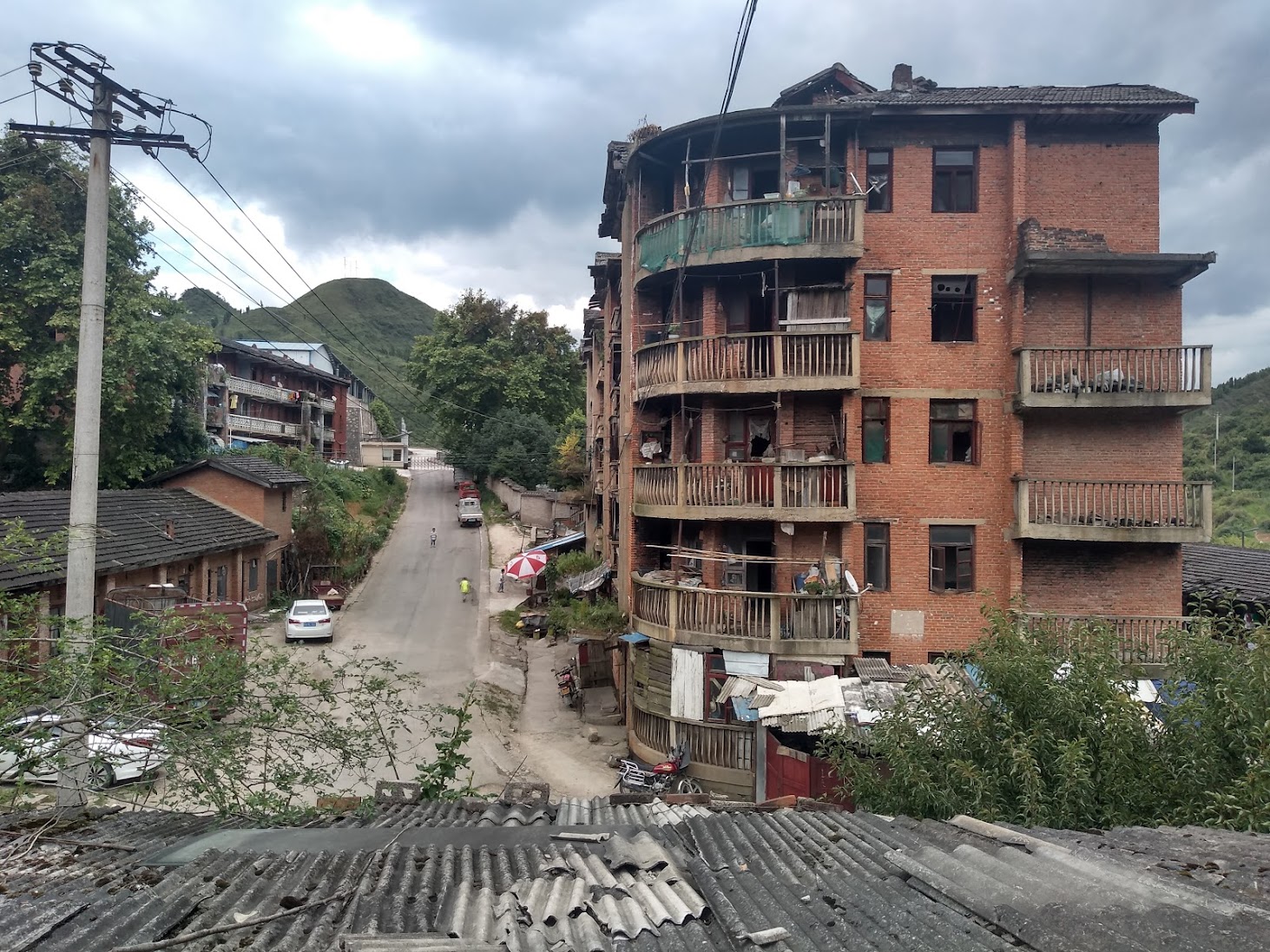
Abstract
Since the turn of the century, there has been an upturn of cultural production about the Third Front (1964-80) within China, yet mainstream knowledge of this military-industrial project and former state secret remains limited, particularly outside of China. This article examines the English-language reception of Wang Xiaoshuai’s “Third Front trilogy” of films, arguing that – despite the moniker – reviewers have tended to marginalise the Third Front and focus instead on the Cultural Revolution proper (1966-68), creating a slippage between these two distinct events. This “translation” of campaign time has occurred because of English-language reviewers’ assumptions about the Mao era and how it should be depicted by Chinese artists, as well as a Chinese-English subtitling strategy in one film that anticipates and encourages these same assumptions about the Mao era. Moreover, despite generally adopting a critical tone towards the CCP, film reviewers have reproduced – and propagated – the judgement of the 1981 Resolution on Certain Questions in the History of the Party since the Founding of the PRC that the Cultural Revolution was “ten years of turmoil”. Consequently, not only do these reviewers enfold the Third Front into the Cultural Revolution, they also homogenise the complexities of the Cultural Revolution. In doing so, film reviewers unwittingly provide the Party with useful assistance in globally disseminating and maintaining its version of PRC history, as well as hindering the emergence of alternative accounts of the Mao era.
Image: Dilapidated Third Front Factory building © Paul Kendall
- Wang Xiaoshuai,
- Cultural Revolution,
- film reception,
- discourse,
- translation,
- Third Front
